Fennel, also known as Foeniculum vulgare, Finocchio belongs to the Apiaceae (carrot) family. However, unlike other members, fennel is not a root vegetable. This aromatic plant is entirely edible, with people using its leaves as herbs and stems and shoots as vegetables. Even fennel oil is used for scenting soaps, perfumes, candies, pastries, and more.
But can cats eat fennel? And how can you incorporate it into your cat’s diet? This post answers these and all the other questions that you may have about cats and fennel.
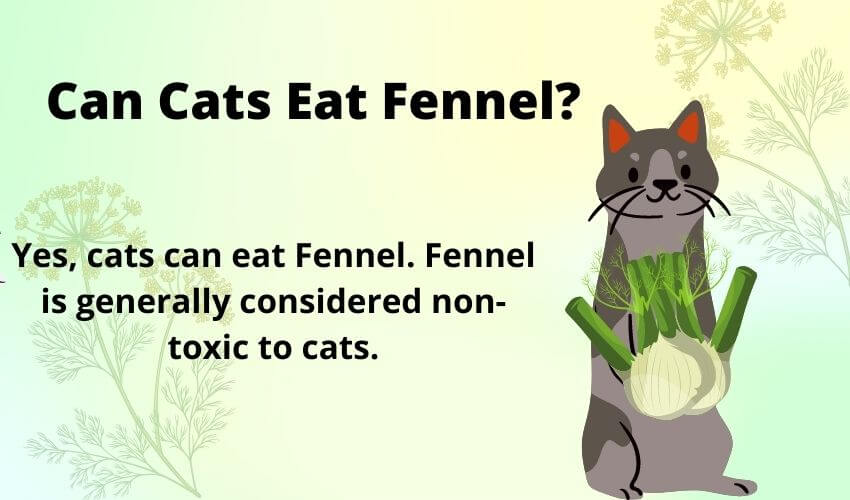
Can Cats Eat Fennel?
This plant is a rich source of fiber. It helps maintain good digestive health and supports weight management, relieves symptoms of Anemia, maintains heart health, and supports healthy skin with its anti-inflammatory properties.
Fennel is generally considered non-toxic to cats. However, the American Society for the Prevention of Cruelty to Animals (ASPCA) recommends giving it to them in small quantities. The real trick is to get them interested in eating it. The plant’s aroma can quickly drive them away, but once they get over it, many cats like nibbling on bits of raw fennel, and you can also include it in their diet in various ways.
You can feed the leaves, shoots, and even the plant’s bulb to your kitty. However, be cautious of its concentrated oil as, according to ASPCA, it can cause photosensitive dermatitis.
Fennel Nutrition Content
Fennel resembles the appearance of carrots, parsley, and celery. It has aromatic leaves like parsley, carrot-like light and fluffy stems, and a firm, layered base.
Fennel is a good source of fiber and vitamin C. Its high moisture content also promotes hydration. Here is the list of the nutrition content in a cup full of sliced fennel:
- Vitamin C: 17%
- Calcium: 4%
- Magnesium: 3%
- Potassium: 360 mg
- Iron: 3%
- Sodium: 45 mg
- Total Carbohydrates: 6 gm
- Total Fat: 0.2 gm
- Calories: 27
Pros and Cons of Eating Fennel to Cats
Finocchio is an ancient vegetable with great nutritional importance. It boasts high water content and is a good fiber and vitamin C source. Moreover, it has been used in both the medicinal and culinary industries worldwide. It is much acclaimed for its healing powers and flavoring properties.
Check out can cats eat eggplant
But how beneficial is it for your feline friend? Let us look at the pros and cons of eating fennel for cats.
Pros
- An excellent source of fiber
Fennel is well-known for its high fiber content. If your cat suffers from indigestion, including a few chomps of fennel on their diet can help. It helps improve digestion and ensure proper bowel movements.
- High vitamin C content
All mammals need sufficient vitamin C to survive. Some produce it inside their livers, while others rely on external sources to fulfill their demand. Cats can also make vitamin C inside their bodies. But if their supply can’t meet the demand, giving them fennel can make up for it.
- Amazing source of hydration
Another benefit of fennel is its high water content. If your cat is suffering from dehydration, try feeding it raw fennel. It will provide your furry companion with a healthy kick of hydration.
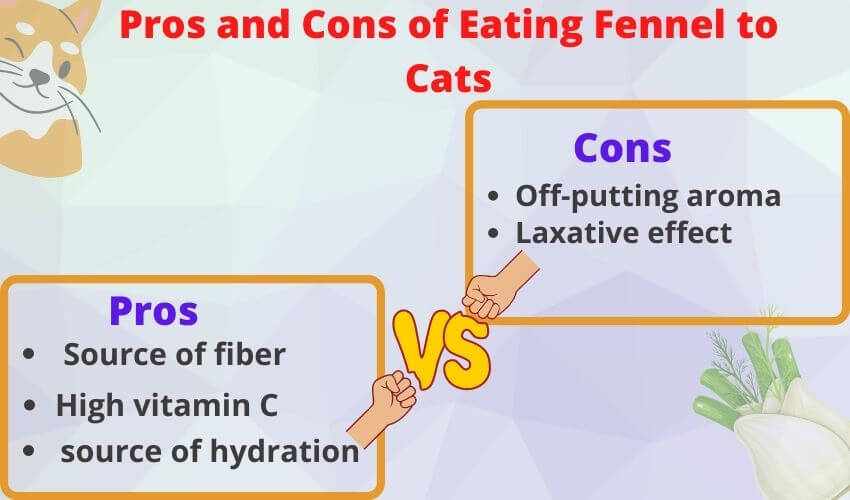
Cons
- Off-putting aroma
Despite its excellent health benefits, not every cat is excited to munch on it. Most dislike its aroma and turn away even before taking a bite. Plus, being innately carnivores, cats may also not prefer it over the regular diet.
- Laxative effect
On the one hand, the high fiber content in fennel is good, and on the other hand, its overconsumption can have a laxative effect on cats.
Should We Add Fennel to Cat’s Diet?
Since fennel is an aromatic plant, not every cat will be excited about chomping on its raw stem. Fortunately, you can sneak it stealthily into their diet until they get used to its taste and aroma. We have discussed a few tricks below:
- Fennel tea
Try brewing fennel tea and give it to the cat for drinking. For this purpose, you will need fennel seeds. You can easily find them in the spice section of most supermarkets.
Bring some water to a boil. Add a few fennel seeds and let them simmer for a few minutes. Sieve it and put it in the cat’s water bowl. Start with small quantities and see how it responds before increasing the quantity.
- Mix in the cat food
Another way of feeding fennel to your cat is by mixing its seeds in the cat food. Again, start with a small amount as your cat won’t immediately appreciate its aroma. Once you get used to it, you can gradually increase the quantity.
- Use the bulbs
Yet another way of incorporating fennel into your cat’s diet is feeding it with boiled fennel bulbs. Boil a few bulbs and slice them into small pieces before feeding. It is essential because the bulbs have more flavor than the rest of the plant so that the cat will get used to it.
Frequently Asked Questions
Now that we know that eating fennel in controlled portions is beneficial for cats let’s look at some commonly asked questions about feeding fennel to cats.
Do cats like fennel?
From what we found out, not every cat likes eating fennel. Some cat species, such as Siamese, like chewing on its raw stems; others might find its flavor and aroma off-putting.
Have a look at can cats eat mushrooms
Is Fennel Dangerous for Cats?
No fennel is not dangerous for cats as the ASPCA list of toxic foods does not mention it. You can safely feed it to your feline friend, but exercise portion control as its high fiber content can induce diarrhea.
Can Cats Eat Fennel Seeds?
Yes, cats can eat fennel seeds. You can mix them into the cat food or brew fennel tea using the seeds for them to drink.
Can Cats Eat Fennel Fronds?
Yes, cats can eat fennel fronds. Though they may not immediately like the feathery texture and aroma of fennel, cats can eat all the plant parts, including the leaves, stems, bulbs, and fronds.
Do Cats Like The Smell Of Fennel?
How your cat reacts to the fennel’s smell is something you might have to find out yourself by presenting it. The smell of fennel is neither amongst the famous smells that cats hate nor among the smells that cats like.
Can Kittens Eat Fennel?
Yes, kittens can consume fennel, but it’s best to feed them food that is more beneficial for their growth.
Conclusion
Fennel can be an excellent addition to your cat’s diet plan. It is an exciting change of pace from average food, so your kitty might like it. The healthy veggie has high nutritional value but some minor adverse effects.
That’s why you should always practice caution when feeding your cat with fennel. The high fiber content can be beneficial, but when consumed in high quantities, fennel can also act as a laxative, becoming more of a hassle.
Your cat might enjoy a crispy stem or leaf here and there, but fennel does not meet all the nutritional demands, so it’s better to use it for creating variety now and then rather than using it as a replacement for their natural diet.


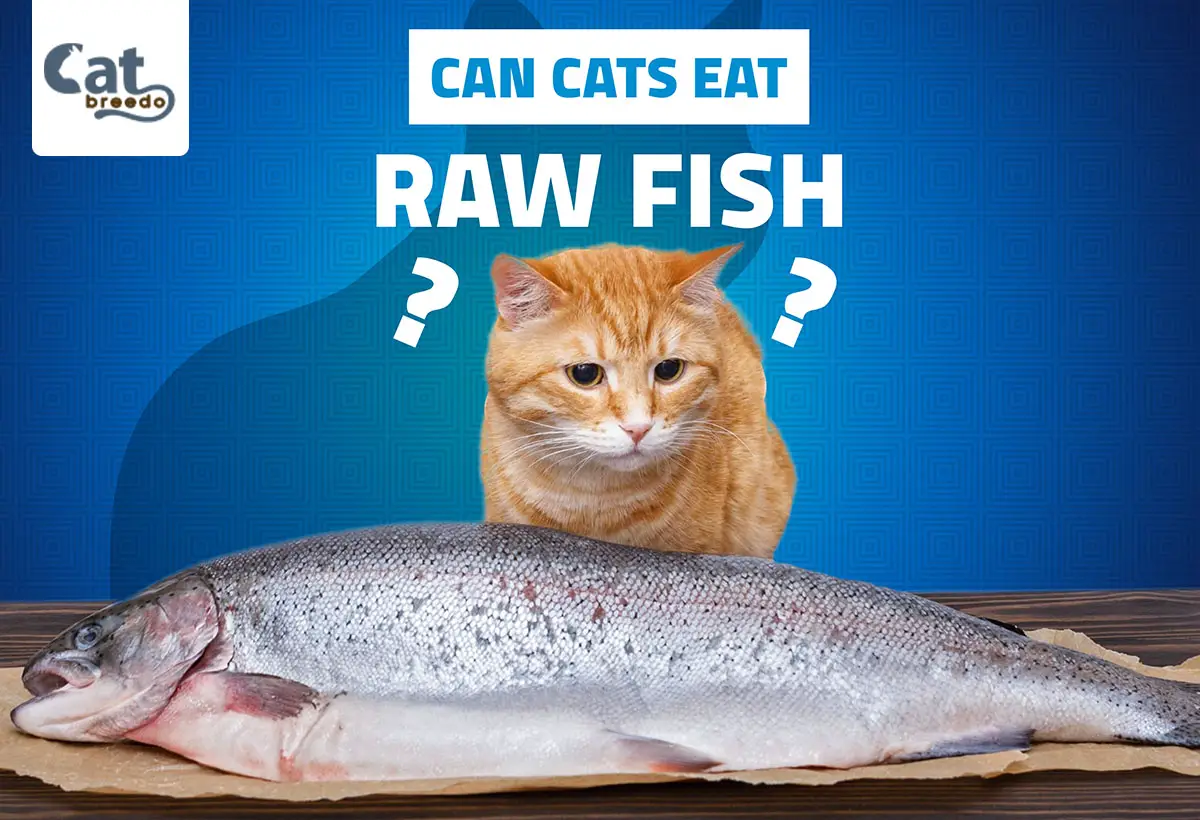
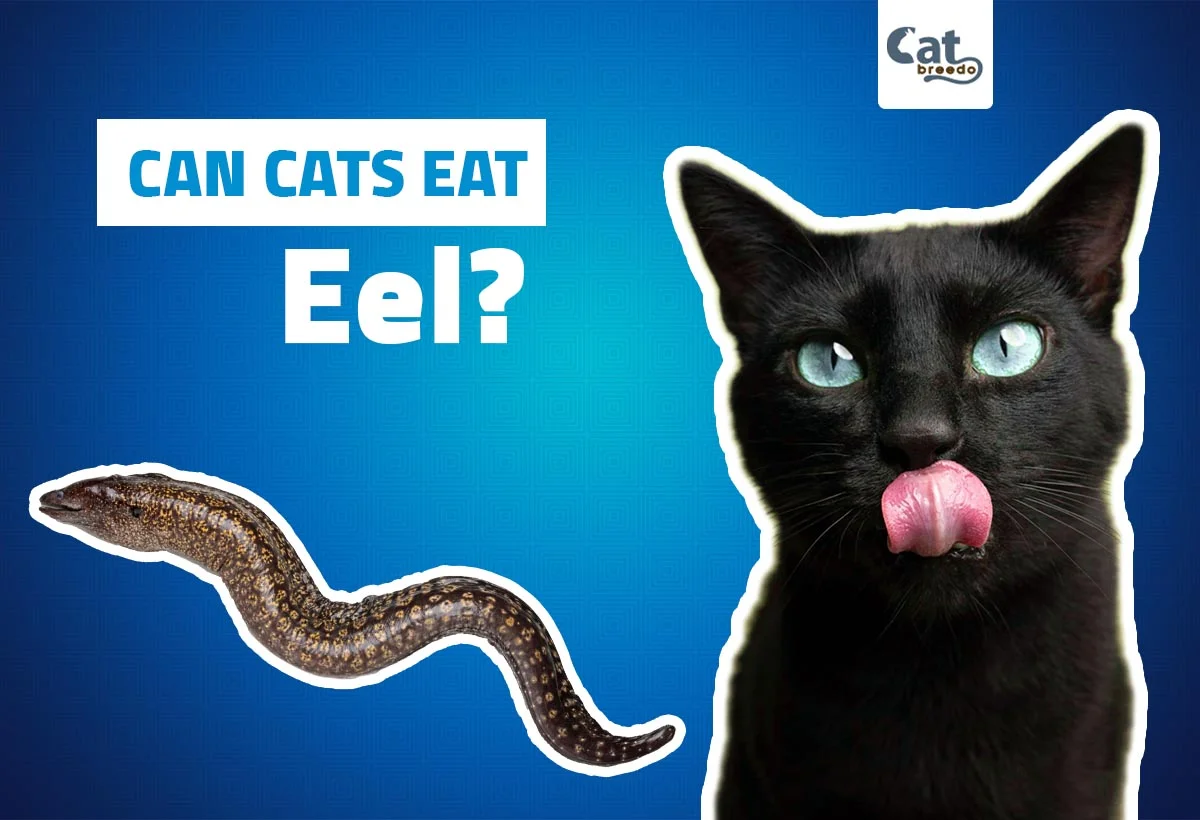
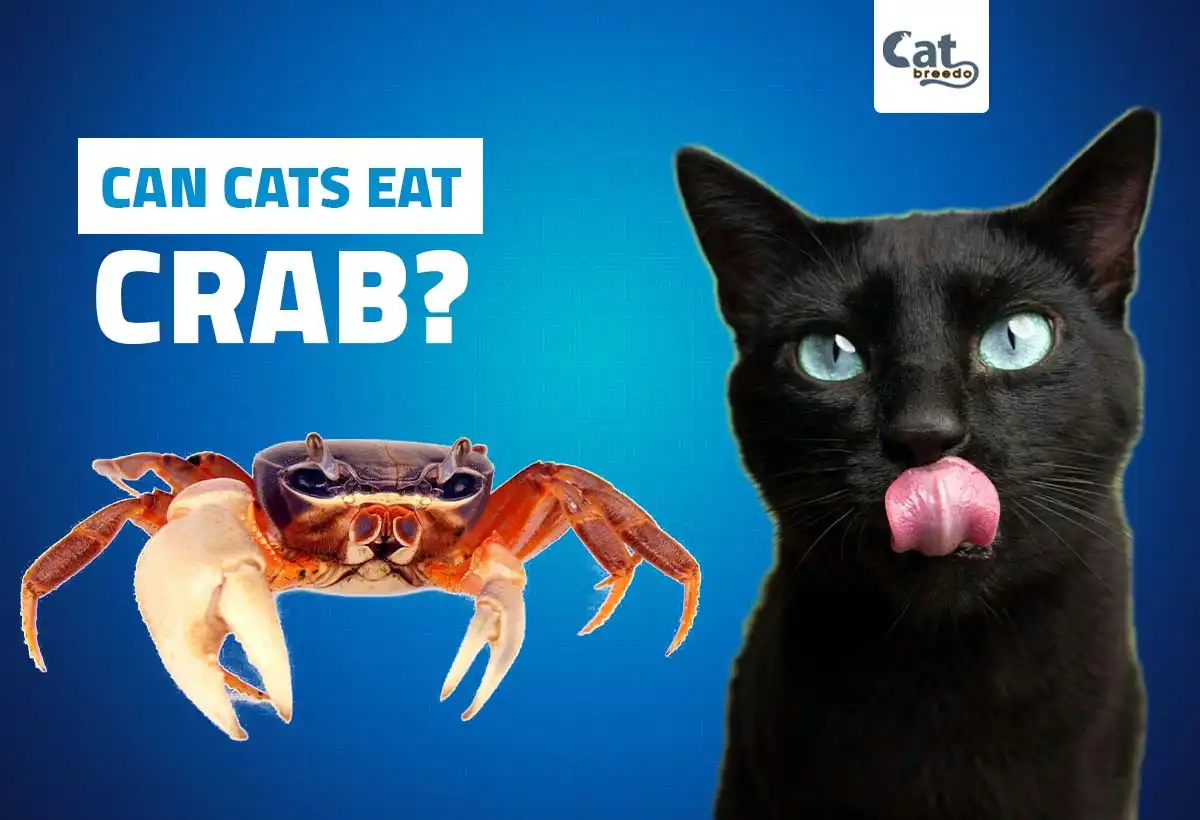
Leave a Reply